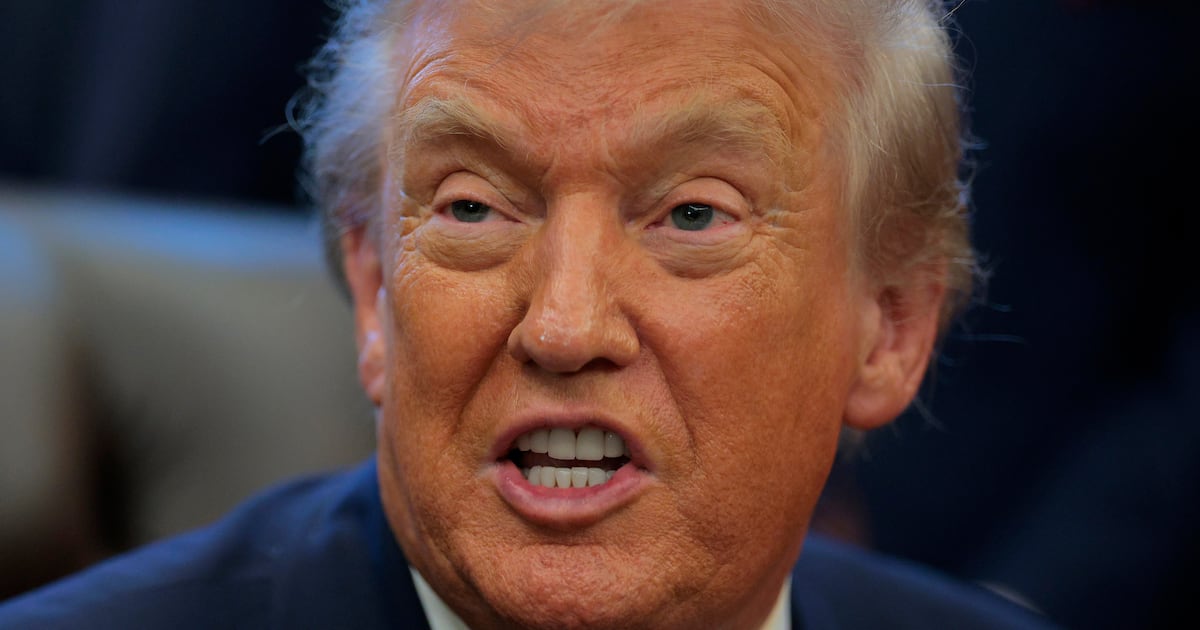ERBIL, Iraq—The pretense of sovereignty over definable territory has been for the last three years central to the mystique of the so-called Islamic State, and that is now coming to an end. But the organization widely known as ISIS, or Daesh, is not.
The terror attacks it has claimed most recently in Britain and Iran are meant to be proof of that. But even on the arid battlefields of the Levant and Mesopotamia it is likely to persist.
On Tuesday, U.S.-backed forces launched their long-awaited assault on the group’s capital Raqqa, another hammer blow against the self-declared caliphate that is gradually being driven into remote areas of Syria and Iraq.
Kurdish and Arab fighters attacked the city from the east on Tuesday afternoon. The Kurdish-controlled militias, known as the Syrian Democratic Forces, have surrounded Raqqa from the north, east and west in months of fighting. They have benefitted from heavy air support by the U.S.-led coalition, and from weapons and training supplied by the Americans.
The attack by Kurdish and Arab militias comes as the Iraqi military is slowly closing in on victory in Mosul, the biggest city to have fallen to the jihadists.
Defeat in both Mosul and Raqqa could usher in the end of ISIS as a holder of territory, and see it revert back into an insurgent group striking out from the vast desert stretches of Iraq and Syria. To paraphrase it’s motto, “expand and endure,” ISIS would no longer be expanding, but it may well endure.
The SDF can expect a tough fight for the ISIS capital, but a repetition of the gruelling, drawn out campaign to liberate Mosul is unlikely.
In Mosul, Iraqi forces have been fighting for almost eight months to retake the city that fell to ISIS in a matter of days in June 2014. In spite of coalition air support, on the ground assistance and extensive training efforts, Iraq's military continues to be in a sorry state, with only some elite forces capable of effectively taking the fight to the enemy.
Shia militias that are on the government payroll but often act independently cut off the escape route to Syria early on in the campaign, denying the well-drilled and fanatical fighters the option of escaping Mosul. Instead, ISIS settled in for a last-ditch defense of Iraq's second largest city. Its jihadists fight to the death, and hundreds of suicide car bombs have exacted a heavy toll on the advancing Iraqis.
The SDF have so far avoided that mistake by not completely surrounding Raqqa. The city is also significantly smaller than Mosul, and defended by a weaker force.
"Raqqa will be a difficult battle because it is a capital of ISIS and an important city. All the same it is unlikely to be as difficult as Mosul has been. ISIS has depleted much of its strength in Iraq," says Joshua Landis, director of the Center for Middle East Studies at the University of Oklahoma.
Allowing the defenders to flee will likely make it easier to take the city. But it will also flush ISIS fighters into the Syrian hinterland, and bolster their ranks elsewhere. There are indications that the terror group does not intend to wage a costly battle in Raqqa, and is instead withdrawing deeper into Syria.
"There is some evidence that ISIS leaders have been either moving to Deir az Zour or preparing for a resumption of guerrilla war and abandoning the notion of retaining territory," says Landis.
ISIS is currently battling the Syrian army for control of Deir az Zour, a town on the Euphrates river southwest of Raqqa. If it succeeds in establishing itself there, the group might slip out of the reach of U.S.-backed forces. Almost half of the SDF's fighters and the core leadership is Kurdish, which may provoke resistance among the Arab population in the south. The Kurds’ primary aim is to secure their enclave in northern Syria, and not to chase ISIS into other parts of the country.
Support for an SDF pursuit of ISIS to Deir az Zour would bring the U.S. into close contact with Assad regime forces and Russia, which is supporting the regime on the ground and from the air. Both the U.S. and Russia share the same enemy in ISIS, but they pursue very different goals in Syria, with the U.S. committed to Assad's removal. Fighting in close proximity to each other risks the prospect of raising tensions even higher.
While Assad and Russia are ostensibly committed to defeating ISIS, the jihadists have not been high on their agenda, and they have instead focused on battering Syria’s more moderate rebels.
Guerilla warfare is nothing new to ISIS. It has its roots in the insurgency that festered in the deserts of western Iraq. It grew in strength by exploiting the chaos of the Syrian war, gaining territory and building up an impressive organisational structure before storming across the border and seizing a third of Iraq in 2014.
Iraqi forces have since succeeded in pushing the insurgents out of the country's main population centres, liberating Tikrit, Ramadi, Fallujah and a string of smaller towns. When Mosul falls, a pocket of resistance in Hawija near Kirkuk and the vast deserts and remote towns and villages of Anbar province in the west are the last places of refuge for ISIS.
But clearing the insurgents out of their final strongholds will be no easy task. The group enjoys substantial support among the disenfranchised Sunni population in these remote areas, and controlling vast stretches poorly connected territory will be a challenge for Iraq's thinly spread and underperforming military.
Iraq's sectarian rift always threatens to boost extremist groups such as ISIS. While the terror group's brutal and fundamentalist rule has alienated many of the people who initially welcomed it, a repeat of the discriminatory politics practised by former Prime Minister Nouri al Maliki would once again drive Sunnis into the arms of ISIS.
US top brass is aware that taking the insurgent strongholds does not spell the end of the campaign to defeat the terror group.






